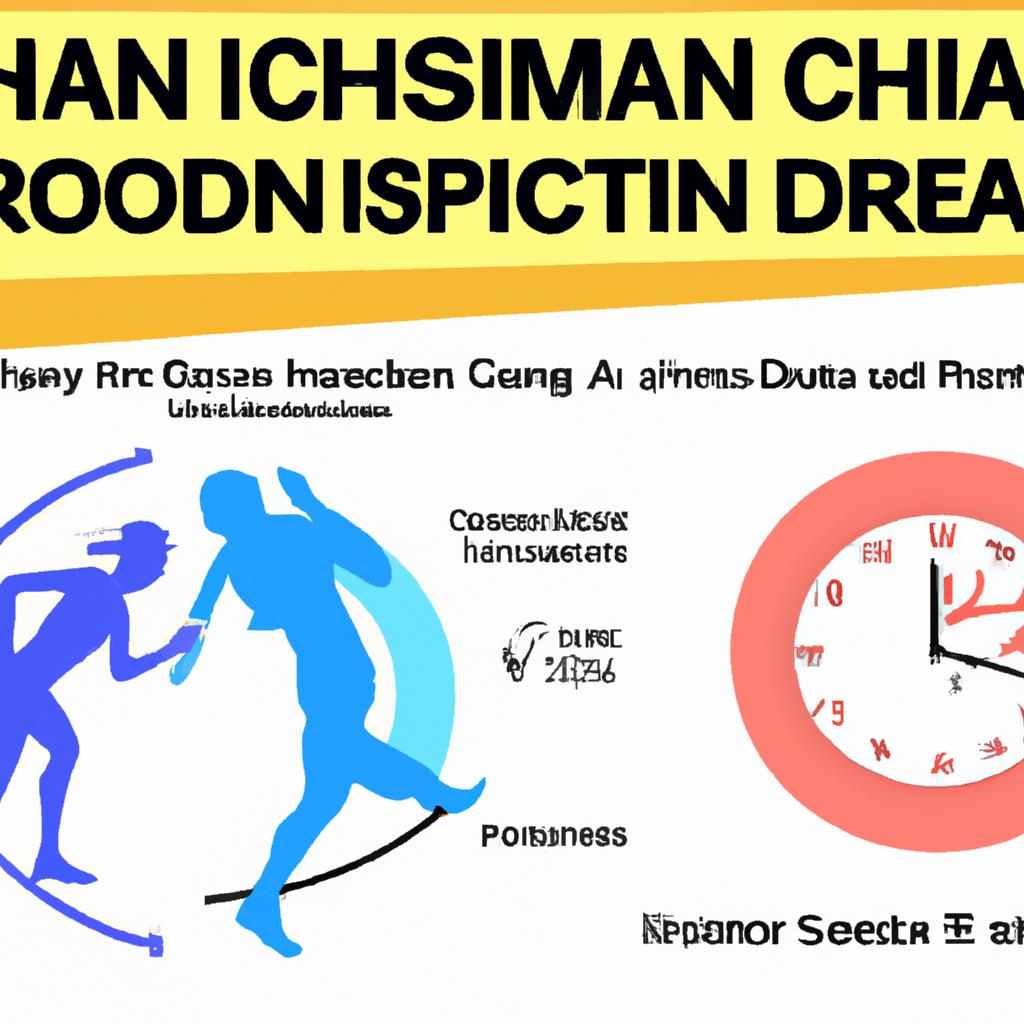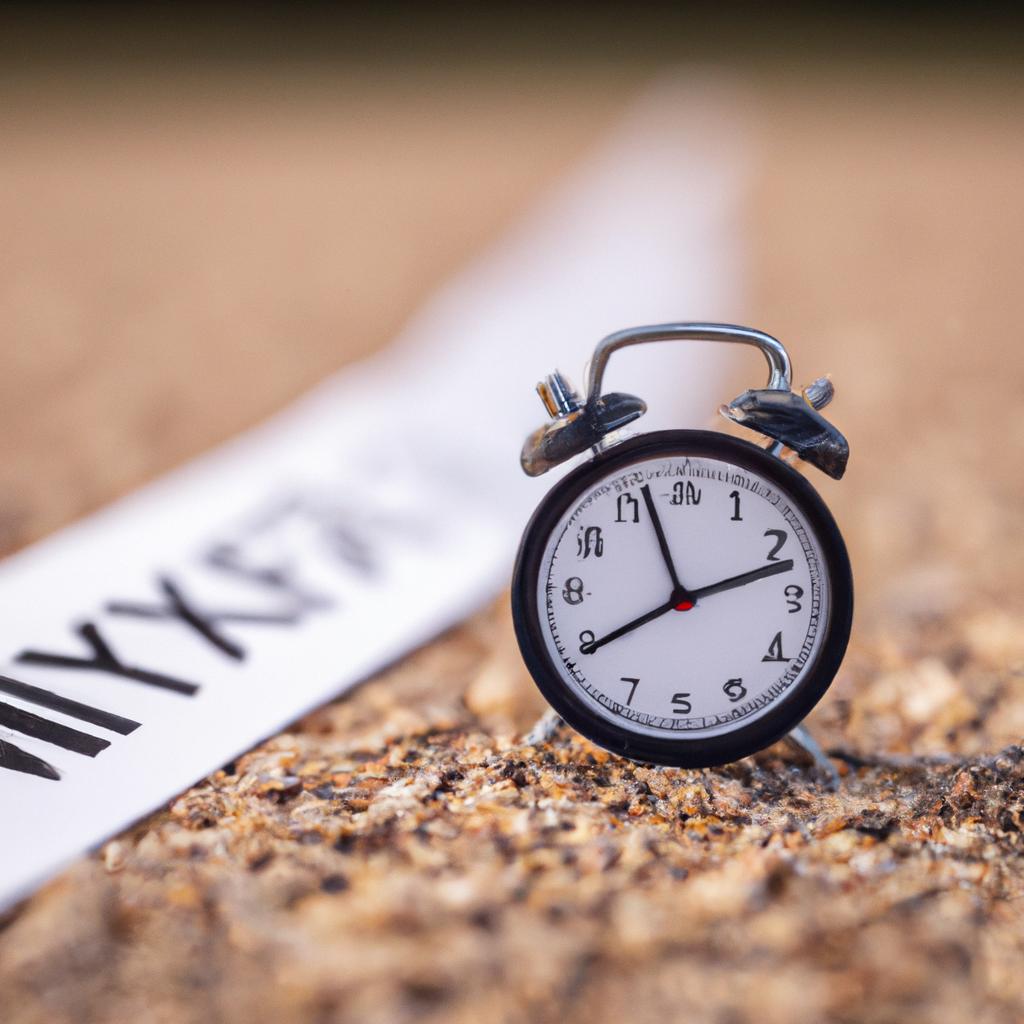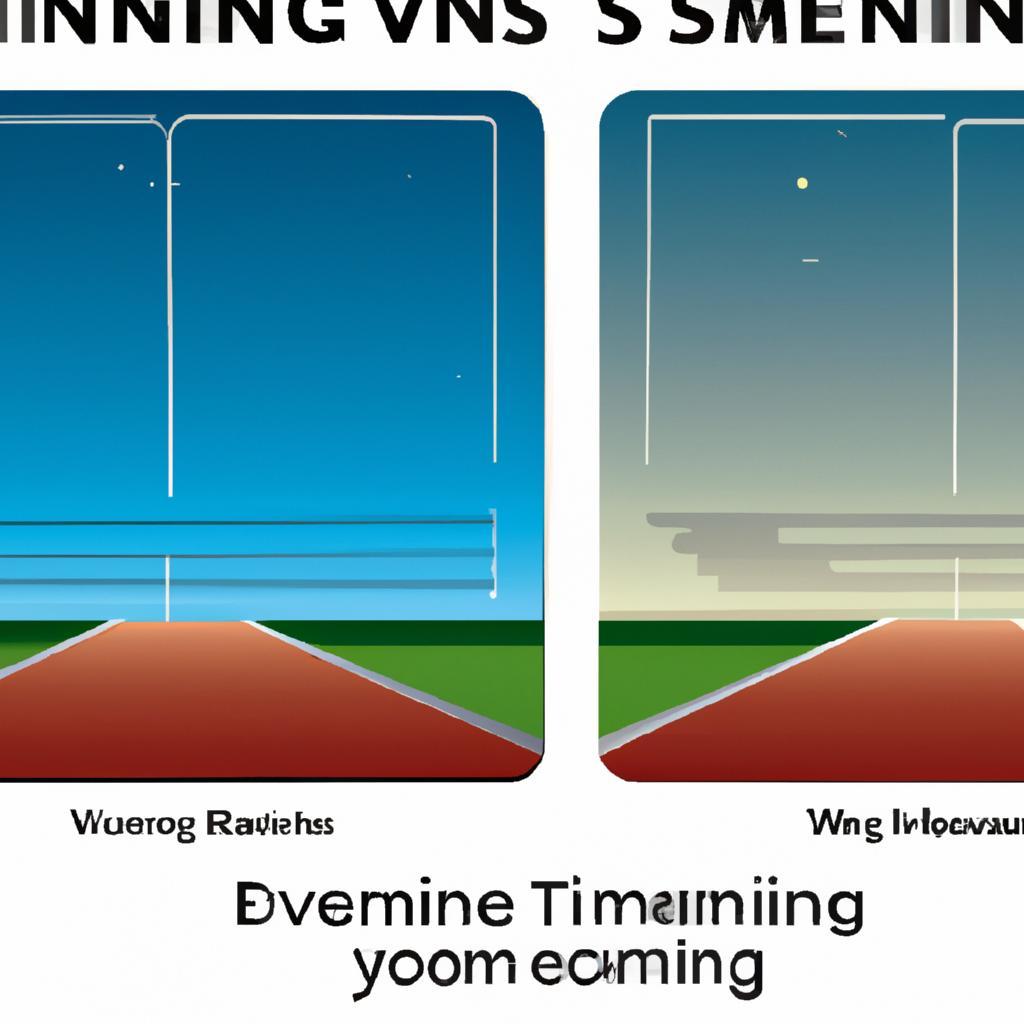Introduction:
As dawn breaks and the sun casts its first golden rays, a world of possibilities unfolds for countless runners. For some, the early morning air is a refreshing invitation, a chance to greet the day with rhythm and purpose. For others, the twilight hours beckon, offering a serene escape from the day’s demands and a chance to reclaim the moments that belong to them. Yet, amid the serene beauty of morning light and the calming embrace of evening shadows, a question lingers: when is the best time to lace up your shoes and hit the pavement?
In the quest for optimal performance and sustained energy, the timing of our runs can play a crucial role. Whether you’re a morning lark or a night owl, understanding the unique benefits and challenges of morning versus evening running can help you tailor your routine for peak effectiveness. In this exploration, we delve into the nuances of each time slot, examining how the rhythm of the day aligns with our bodies’ natural cycles. So, lace up as we journey through the factors that could transform your running experience, guiding you to decide when the best time to run truly is.

The Science of Circadian Rhythms and Their Impact on Running Performance
The human body operates on a complex internal clock, known scientifically as circadian rhythms, which regulate various biological processes over a 24-hour cycle. These rhythms influence many aspects of our physical and mental functioning, including hormone release, body temperature, and sleep patterns, all of which can significantly affect running performance. Studies have shown that morning runners might benefit from heightened adrenaline levels and increased energy through elevated cortisol, making this time optimal for speed workouts. Conversely, evening enthusiasts often experience peak muscle performance due to elevated body temperature, increased flexibility, and enhanced reaction times. Factors such as sleep quality, nutrient timing, and even outdoor temperature variations can further modulate these effects. To help runners optimize their training schedules, consider the following:
- Morning Sessions: Great for stamina; body cortisol peaks.
- Midday Runs: Ideal for recovery runs due to stable energy levels.
- Evening Workouts: Maximizes muscle power and coordination.
| Time of Day | Benefits | Considerations |
|---|---|---|
| Morning | Cortisol boost for energy | Can be affected by sleep quality |
| Afternoon | Optimal body temp; good for speed | Potential schedule conflicts |
| Evening | Enhanced flexibility and power | Possible fatigue from the day |
Understanding your body’s unique rhythms and aligning your training sessions accordingly can be key to unlocking your full running potential and maximizing energy throughout the day.

Maximizing Your Energy Levels: Choosing the Right Time for Your Daily Run
Finding your ideal time to run can significantly impact your energy levels throughout the day. Many runners swear by early morning jogs, relishing the tranquility of the dawn and the invigorating effects of fresh air. **Benefits of morning runs** include:
- Boosted metabolism: Starting your day with a run can kickstart your metabolism, helping you burn more calories throughout the day.
- Improved mood: Morning exercise releases endorphins, setting a positive tone for the hours ahead.
- Better focus: A morning run can enhance cognitive function, preparing you for a productive day.
On the other hand, evening runs can also provide unique advantages that cater to different schedules and energy fluctuations. **Advantages of evening runs** include:
- Higher body temperature: Your body is generally warmer in the evening, potentially enhancing muscle flexibility and performance.
- Stress relief: Evening runs can be a great way to unwind and decompress after a long day.
- Flexibility with time: If mornings are rushed, running in the evening allows you to dedicate more time without the pressure of a tight schedule.
Ultimately, the best time for your daily run depends on your individual lifestyle, personal preferences, and how your body responds to different times of exercise. Consider trying both options to see which one optimally boosts your energy and aligns with your overall well-being.
Key Takeaways
As the sun rises and sets, so too does the opportunity to lace up your sneakers and hit the pavement. Whether you’re an early bird relishing the quiet of dawn or a night owl thriving in the gentle embrace of dusk, both morning and evening runs offer unique advantages that cater to different rhythms of life. Ultimately, the best time to run is the time that aligns with your body’s natural inclinations and your personal schedule.
Choosing between morning and evening runs is more than just a matter of timing; it’s about harnessing your energy, pushing your limits, and, most importantly, finding joy in each stride. As you reflect on the insights shared in this article, consider how the timing of your runs can enhance your performance and well-being. Embrace the journey, listen to your body, and let each run—no matter the time—be a step toward your goals and a celebration of your own unique rhythm. Happy running!











Leave a Reply